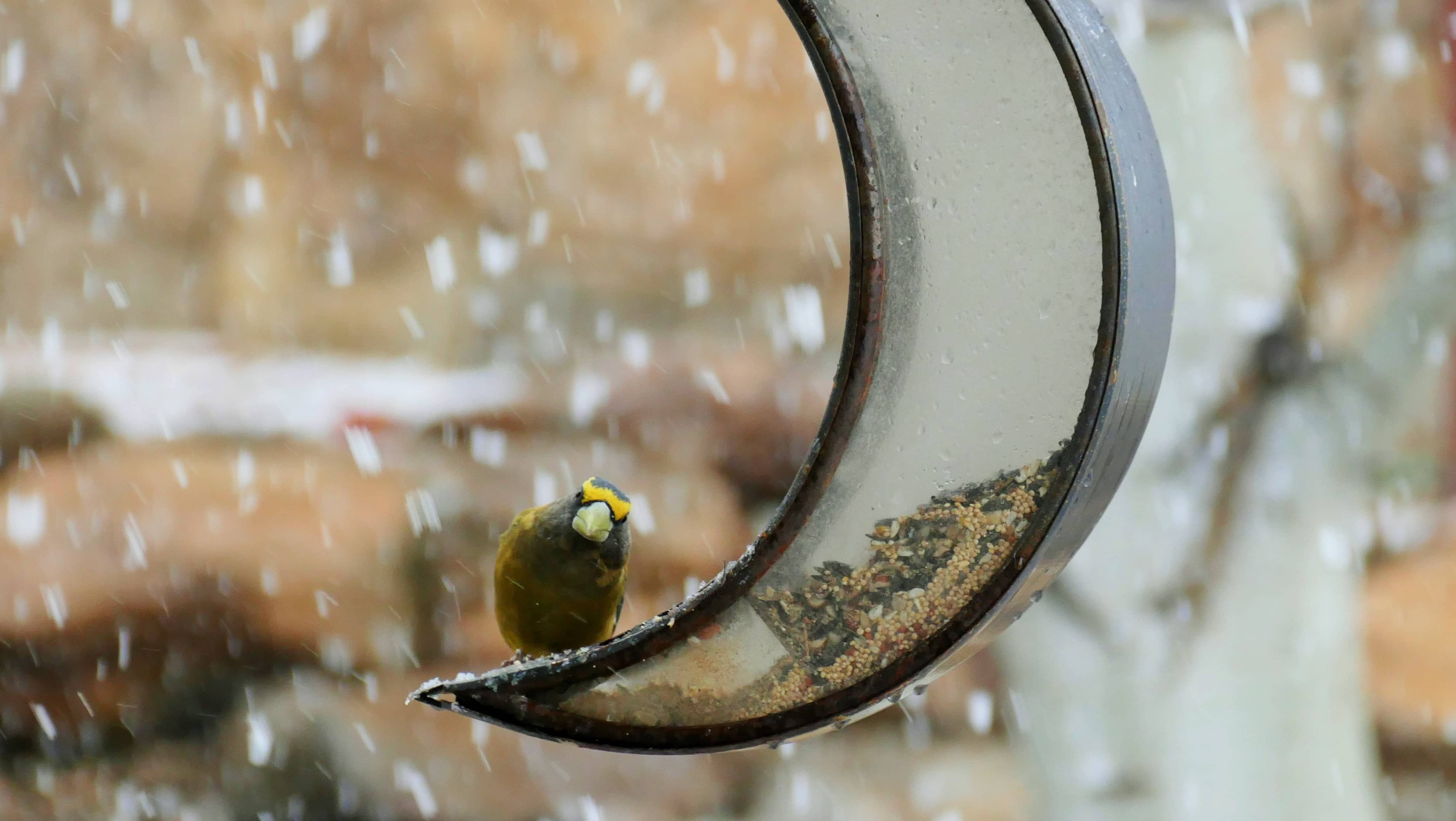
By Shannon Lukens.
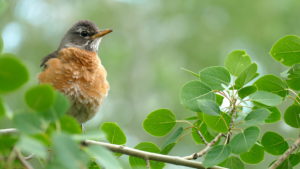
Routt County has had one case of Highly Pathogenic Avian Influenza (HPAI), or bird flu. It was in a Canada Goose in Steamboat Springs on April 26. Colorado Parks and Wildlife also reports another case in a pelican in neighboring Jackson County. That bird was euthanized May 4. CPW reports that HPAI has been confirmed in several species of birds in Routt, Jackson and Grand counties.
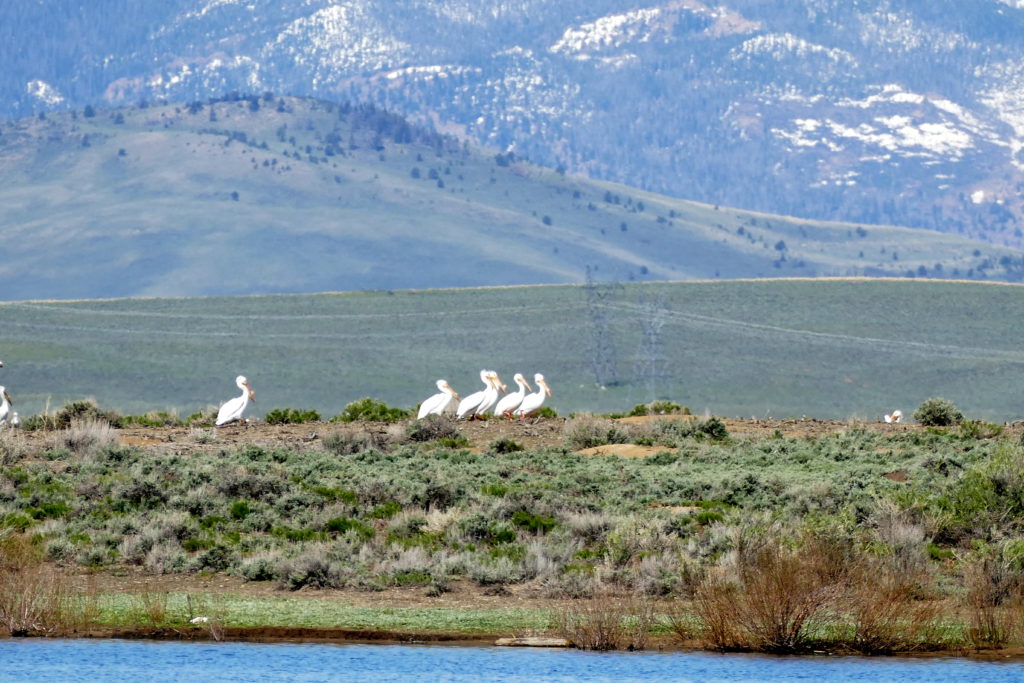
File photo of pelicans near Walden in Jackson County.
The virus can spread quickly through direct, bird-to-bird contact, as well as on contaminated surfaces, including clothes and hands. Wild birds such as waterfowl and shorebirds can carry the virus without showing any signs of the disease. However, some wild birds such as geese, swans, cranes, raptors, vultures and diving ducks may show symptoms, including swimming in circles, head tilt or twisted neck, and lack of coordination. Other signs may include swelling of the head, moving slowly, and ruffled feathers.
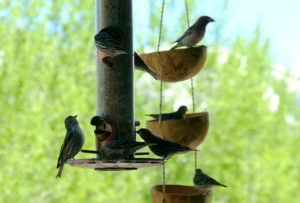
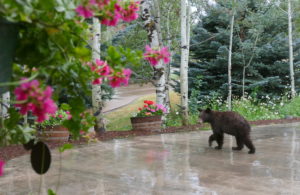
CPW recommends bird feeders not be out through mid-November, mainly because of the bears. But they say those who have poultry should especially take them down to limit interactions with wild birds which can be carrying bird flu. There are also diseases associated with bird feeders that cause mortality among songbirds. If you do see birds that look sick, or three or more dead wild birds, reach out to CPW.
Link to Colorado cases of Avian Influenza
Here’s more from Travis Duncan with Colorado Parks and Wildlife: “CPW advises Coloradans to take down their bird feeders from mid-March to mid-November while bears are active. While songbirds and bird feeders are unlikely to be a major source of HPAI transmission, those who have poultry nearby may still consider taking them down to limit interactions with wild birds. We commonly see a number of other disease issues associated with bird feeders that do cause mortality among songbirds, so giving bird feeders a rest for the summer when natural food is more abundant and bears are active is still a good idea for everyone. The Colorado State Veterinarian’s Office is asking all poultry and bird owners to increase their biosecurity practices to keep the disease out of our domestic poultry in Colorado.”
Links from CPW:
The Colorado Department of Agriculture has good information for folks if they see sick or dead birds: https://ag.colorado.gov/animals/reportable-diseases/avian-influenza
If you find three or more dead wild birds in a specific area within a two week period OR if you see live birds showing clinical signs of disease, please contact your local Colorado Parks and Wildlife office.
Here is a handout from CPW on HPAI: https://cpw.state.co.us/Documents/Wildlife-Health/HPAI-highly-pathogenic-avian-influenza.pdf
This article also has more info on bird feeders and HPAI: https://www.allaboutbirds.org/news/avian-influenza-outbreak-should-you-take-down-your-bird-feeders/